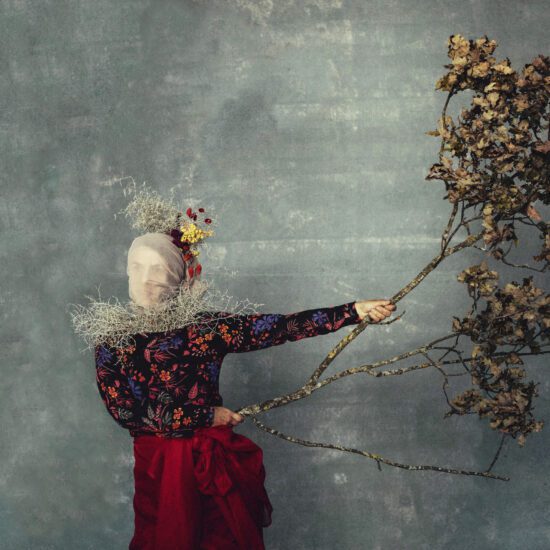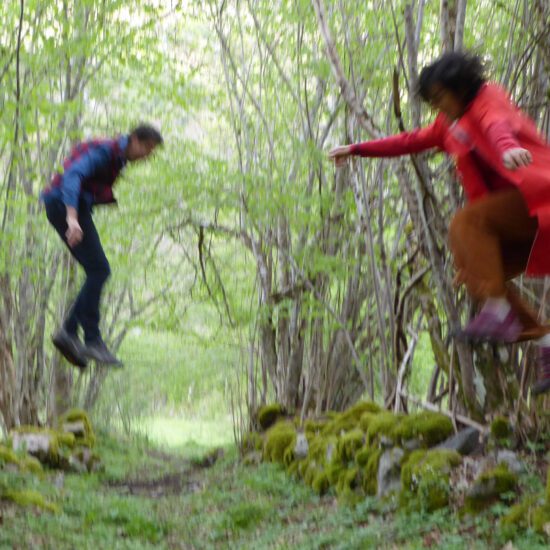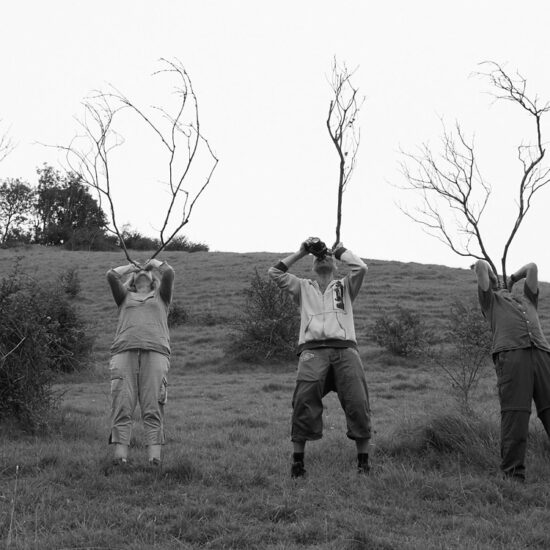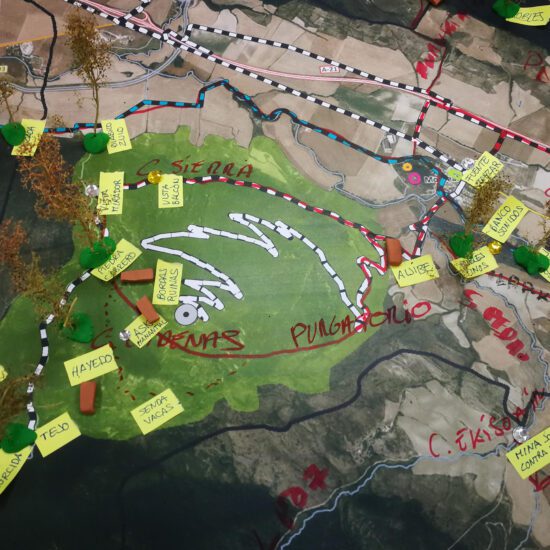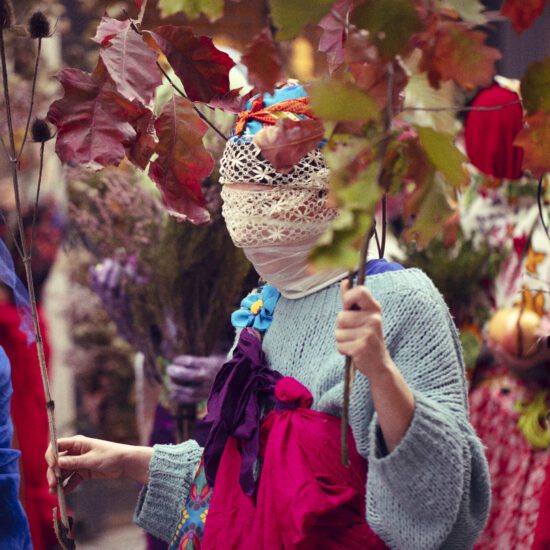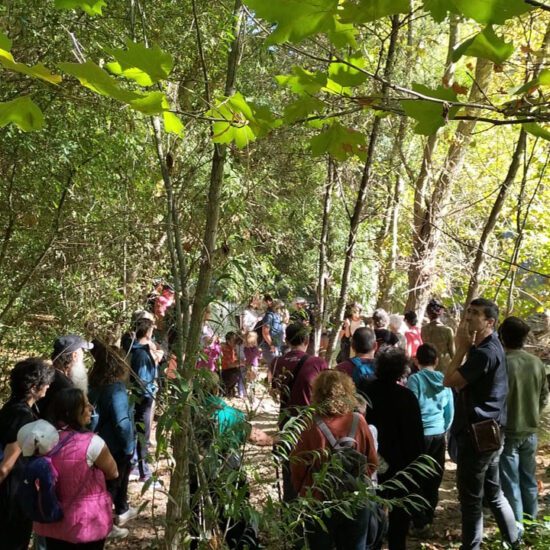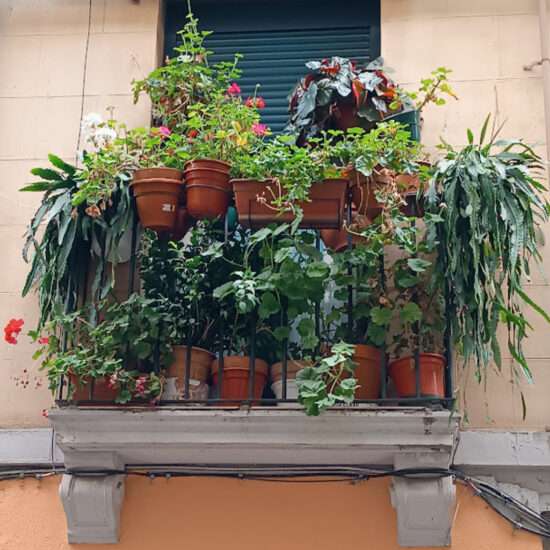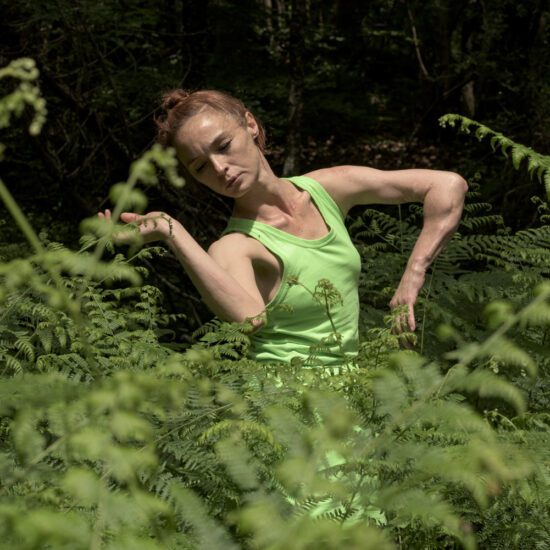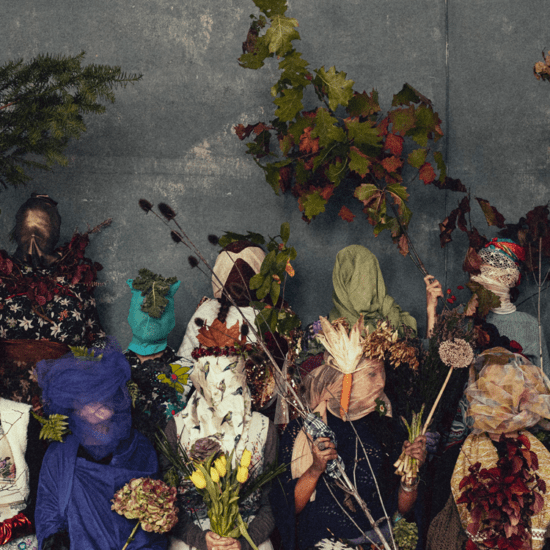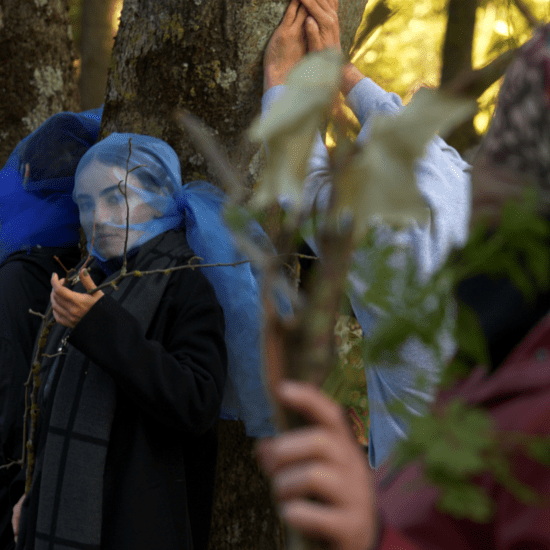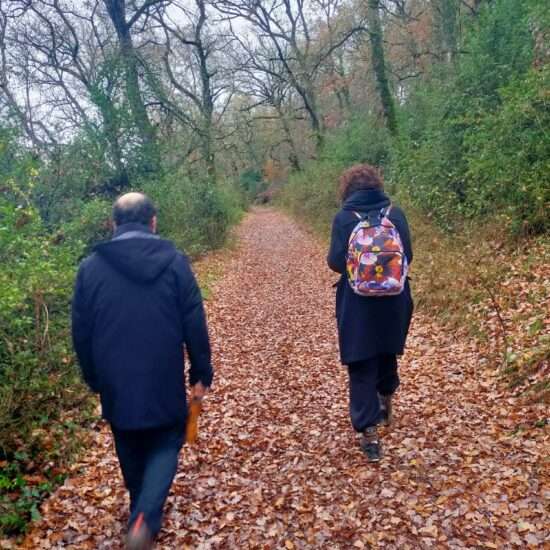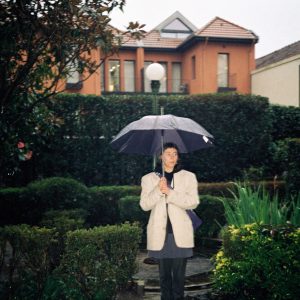Residencia artística / Exposición
PLANT NEGLECT
So Dias (Coimbra – Portugal)
Espacio Civican
TEXTO DE ARANTXA CIAFRINO SOBRE PLANT NEGLECT. 10/04/2024
Today, during lunch, So told me about their project. They said they are interested in a
concept called “Plant Negligence”, commonly known as “Plant Blindness”.
They explained to me how our gaze is naturally drawn to elements in movement and with
many colours. The green colour, compared to other colours, is more easily processed by our
gaze, so we tend not to be surprised when we see it. The trees, as elements that do not
move much, appear to be almost static and are predominantly green, are often visually
unnoticed by us. This ongoing process is perceived to increase over time in the younger
generation.
So mentioned that through their research they have found that “Plant Negligence is
scientifically proven […] Different studies have proven that when presented with different
images and requested to cite all elements present in those images, the majority of people
would simply forget to mention the trees or vegetation in those images.
Plant blindness was described by Wandersee and Schussler (1999)
as the inability to notice plants in one’s environment, recognize their
importance or appreciate their unique biological features. One of the
major symptoms of plant blindness is the tendency to overlook plants,
either because of a lack of knowledge about these organisms, their
visual homogeneity, their generally non-threatening nature or the lack
of visual cues such as movement or rapid changes (Wandersee &
Schussler, 1999, 2001).
I’m not impressed by the fact that So, as a graphic designer, would be intrigued by visual
perception and how colours, movement, and stillness in images create different reactions in
our neural system. It’s no surprise that the project they would develop during the residency
would be influenced by this social symptom or social process.
So mentioned that the motivation for starting this research project began during a walk with
the other residents through Los Jardines de la Taconera Park. During this walk, in which I
was also present, Isabel asked us to observe our surroundings and identify which tree was
different from the others and explain why. We all looked around but couldn’t discern a
particular tree or provide a justifiable argument to differentiate one from the others.
We were then prompted to look around once more and this time to see if any trees had
leaves. Only one tree had leaves. It was late winter, early spring. As Isabel shared with us,
every year, for many years, there is one tree in Jardines de la Taconera that blooms before
all the others. And there it was—the only tree with leaves that day.
So was completely amazed by the fact that they hadn’t noticed there was only one tree with
leaves, realising that they, like all of us in that group, suffered from Plant Blindness.
A few days later, all the trees around bloomed.
The plant also competes with other native plants by monopolizing
resources like shade, sunlight, and ground nutrients. Because of the
large surface area, the leaves pose a significant fire hazard if placed
near flammable substances.

